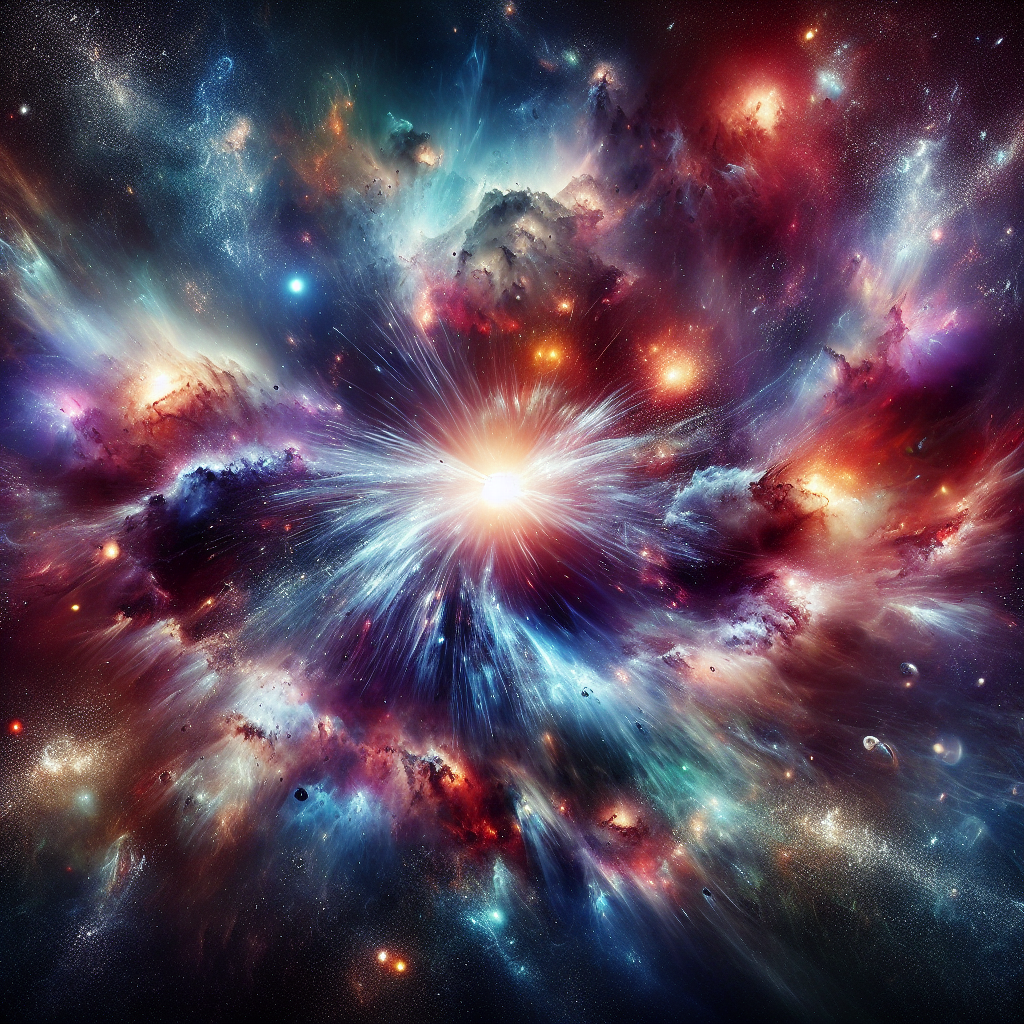Introduction to the Big Bang Theory
The question, “Did the Big Bang Really Start Everything?” taps into the core of cosmological debate and exploration. This theory, which has been widely accepted since the mid-20th century, suggests that the universe began as a singular, infinitely dense point approximately 13.8 billion years ago. From this initial singularity, the universe has been expanding ever since, a concept supported by extensive astronomical observations and mathematical theory.
The Evidence Supporting the Big Bang
One of the strongest pieces of evidence for the Big Bang theory comes from the observation of distant galaxies. According to research from institutions like NASA, these galaxies are moving away from us, and the farther a galaxy is, the faster it is receding. This phenomenon, known as the redshift, aligns with the predictions of the Big Bang model that the universe is expanding.
Another pivotal piece of evidence is the cosmic microwave background radiation (CMB). This is the afterglow of the initial explosion, discovered accidentally by Arno Penzias and Robert Wilson in 1965, which has been precisely mapped by projects like the Wilkinson Microwave Anisotropy Probe (WMAP) and the Planck spacecraft. These discoveries have provided a snapshot of the early universe, giving further credence to the Big Bang theory.
Challenges and Alternatives to the Big Bang Theory
Despite its wide acceptance, the Big Bang theory is not without its critics and alternative theories. One major challenge is explaining what preceded the Big Bang. This question has led to speculative theories such as the cyclic models or the multiverse theory, where the Big Bang is just one of many bursts in an ongoing series of cosmological events.
Additionally, issues like the horizon problem and the flatness problem challenge the simplicity of the Big Bang theory. These issues have been addressed to some extent by the inflationary theory, which proposes a rapid expansion of the universe microseconds after the Big Bang, smoothing out much of the observable universe.
The Philosophical and Practical Implications
The implications of the Big Bang theory extend beyond astronomy and physics, posing philosophical questions about the origin of the universe and the nature of existence itself. If the Big Bang was the beginning, what caused it? This question touches on the limits of scientific explanation and the role of metaphysical speculations.
Practically, understanding the Big Bang helps scientists predict future behavior of the universe. Whether it will continue to expand indefinitely, halt, or reverse into a big crunch, depends on the precise measurements of dark energy, dark matter, and other cosmic parameters.
Conclusion: Reflecting on Our Cosmic Origins
The question, “Did the Big Bang Really Start Everything?”, while simple, opens a complex web of inquiry into the nature of our universe. As technology and understanding evolve, so too will our theories and questions. What remains constant is our curiosity and our relentless pursuit of knowledge about the cosmos.


